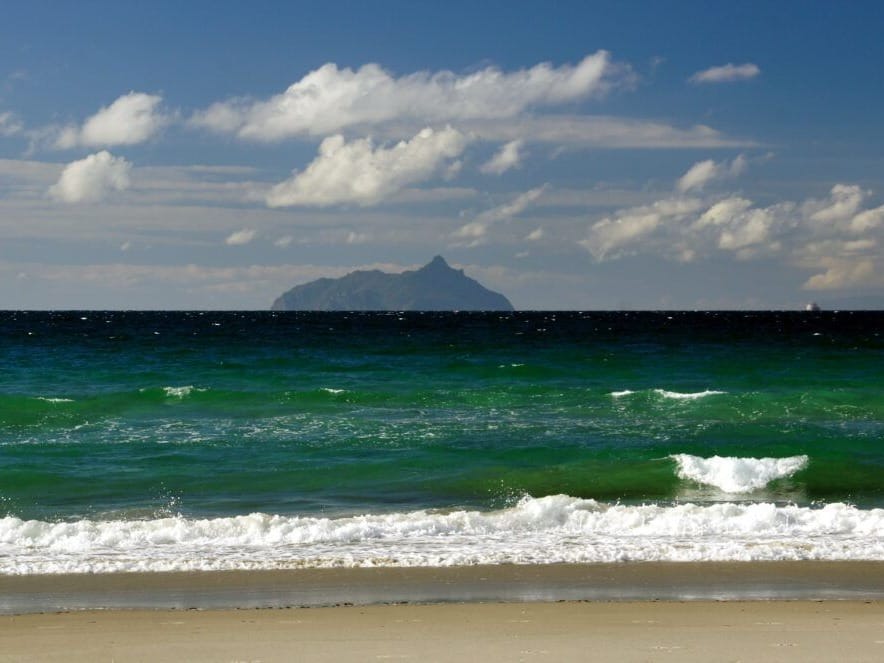Marine experts urged nations to improve how the high seas are governed, saying the global commons needs better conservation and sharing to sustain fishing, shipping, mining and other industry.
A two-day conference hosted by French and international organizations delved into management of the high seas that cover 45% of the planet.









